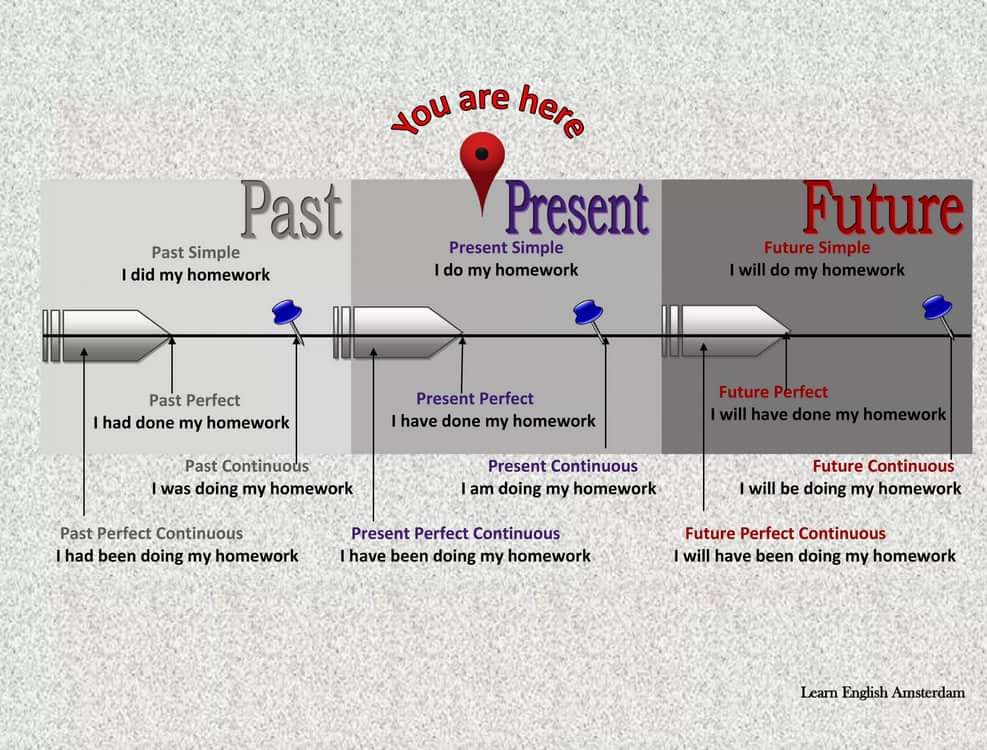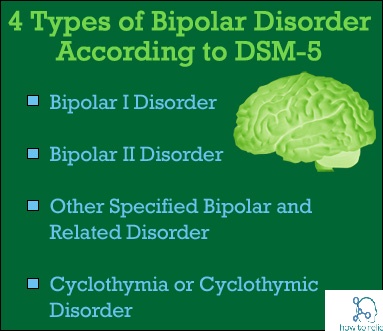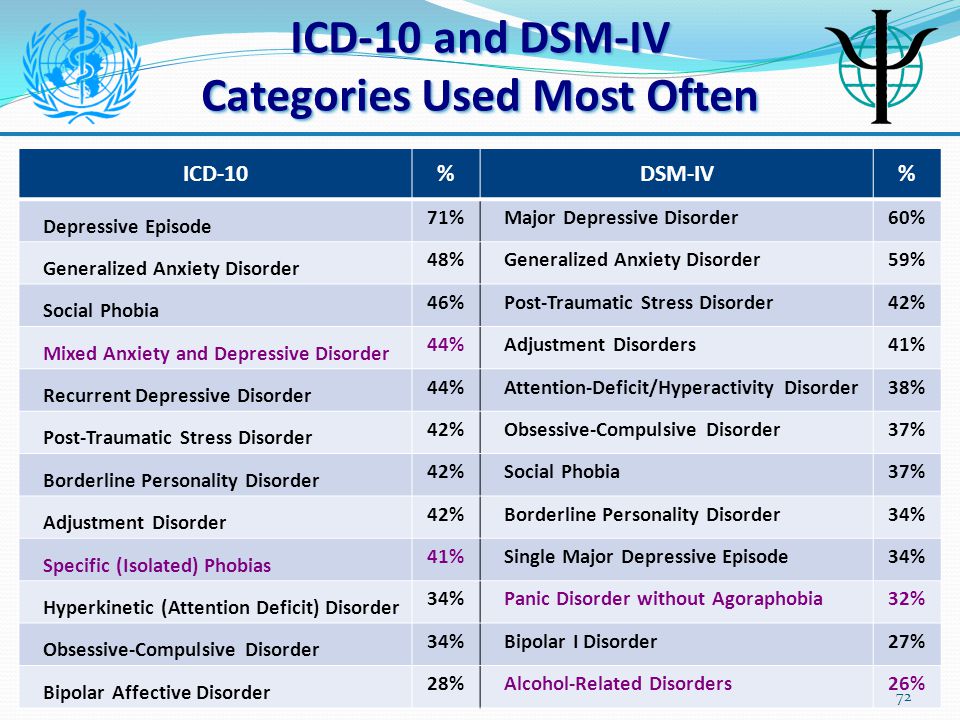What do teens need
Meeting the Needs of Teens
All human beings have basic needs in addition to food and water. These basic needs are: Belonging, Power, Enjoyment and Independence. This applies to teenagers as well. Because this is a time of tremendous social and emotional growth, these needs are even stronger.
Belonging means feeling like a part of something, being accepted. Enjoyment is having fun or seeking thrills. Power describes the need to make one's own decisions. Independence is all about having control over one's life, being autonomous.
Teenagers will do whatever it takes to get these needs met. Some youth had a stronger urge to fulfill one need more than another depending on their temperament or "constitution". Life experiences also come into play. For example, one child might be more of an extrovert and have a higher need for belonging. She tends to socialize a great deal while another child might be perfectly content with a small group of friends and infrequent social connections.
Sadly, when young people cannot get these needs met safely through positive peer interactions or their families, they will often seek out negative ways to do it. Drug or gang involvement, risk-taking, bullying or running away are all examples of how a teen might try to meet needs in an unsafe manner.
How can parents help their teenagers to get these needs met? Parents can foster social growth by allowing their child to fulfill needs on their own as well as by providing opportunities within the family.
Belonging
Allow teens privacy and some personal space. As kids move through the teen years, they spend more time with friends and less with family. This is normal and okay. Teens need to socialize with their peers so they begin to form their own identity and broaden their social network. This does not mean that parents should just let go of their teenager. This is a time when they need the support of parents more than ever. Think of it like flying a kite.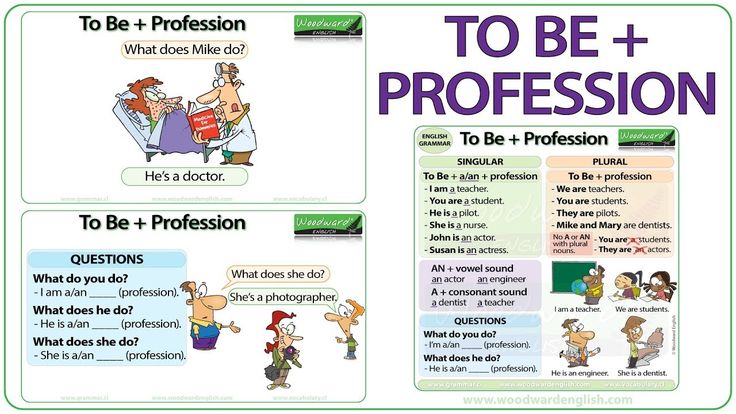 It can only fly freely and safely when it is tethered to the holder.
It can only fly freely and safely when it is tethered to the holder.
Enjoyment
Let you teen make some decisions about how the family might spend a weekend or evening together. Play games together, laugh and have fun. Make the family and home a place of joy as much as possible. Encourage safe risk-taking- things like sports, public speaking, or getting involved in something new.
Power
Give your teen opportunities to make some decisions. Keep firm rules for the things that have to do with safety or family values. Allow your child to make mistakes then talk with him/her without criticizing about the outcomes and what they could do differently next time.
Independence
Move from telling your child what to do to asking for his/her input on how something like a chore will get done. This is hard for most parents as they feel they are losing control over their child. Allow your child to opt out of some family activities to be with friends instead. But still communicate to him/her your expectations and rules such as boundaries around drugs and alcohol as well as curfew. During adolescence, the role of parents begins to shift from that of a "life manager" to one of "life advisor".
But still communicate to him/her your expectations and rules such as boundaries around drugs and alcohol as well as curfew. During adolescence, the role of parents begins to shift from that of a "life manager" to one of "life advisor".
All humans have needs, and teenagers are no exception. As emerging adults, they are driven to becoming their own persons. Parents agree that they want their children to become responsible young adults. By helping them meet these basic but strong needs, parents can facilitate growth and move their teens down a path to success.
What your teenager needs | Family Lives
7min read
Key Points:
- What teens want as much as when they were little is your love, your care, your respect and your attention. They want to be noticed by you
- Teens often need support in keeping active so that it becomes a part of their adult life style, and they stay healthy and fit
- Giving our teen helpful attention helps us to develop close and co-operative relationships with them and builds their confidence, resilience and self-esteem.
 It’s a way of showing that we care and that they matter
It’s a way of showing that we care and that they matter
On this page
- What teens need
- Family time and meals
- Choices and responsibility
- Helpful attention
Young people going through the process of adolescence need what they have always needed from their parents. They want your love, your support, your encouragement, your nurture, acceptance and attention.
The difference for teenagers is that while younger children need their parents to be in the lead, teenagers need you to be by their side. When it comes to dealing with teenagers, we may use much of the same skills as we did when they were younger. These include being encouraging and enabling, allowing children to learn from their mistakes rather than ‘showing them how to do it’, accepting they might do it differently from you, acknowledging and respecting their choices, following the child’s lead rather than jumping in with ideas, being in the present and spending time focused on your teenager.
What teens need
All of us need to feel safe and protected, to have our physical requirements for food, clothing, warmth, healthcare met. One of the flash points with teenagers may be a conflict between parents wish to fulfil these needs and a teenager's apparent desire to frustrate or be unrealistic about them.
Teenagers may defy your attempts to keep them safe, by staying out late, running around with ‘bad company’, engaging in behaviour that you may feel is risky. They may go head to head with you on everything. Boring things like dental and health checks may be something they suddenly turn their noses up about.
The fact that they become contrary, however, doesn't mean they don’t want you to continue caring and continue to act on their behalf. What would help would be for you to discuss these things with them and meet in the middle. When you are clear about what is your concern and what you’d like to happen but are prepared to hear their point of view, you can get somewhere.
What teenagers want as much as when they were little is your love, your care, your respect and your attention. They want to be noticed by you. Too often, because teenagers are being moody and withdraw into themselves, we respond by ignoring them. Ignoring bad behaviour and not rising to it is one thing; ignoring the person who is annoying us is another. And it can become a pattern, where they mope so we ignore them so they mope even more, convinced we don’t care.
Family time and meals
Teenagers still want to spend time together with their parents. Yes, of course they’d like to be on their phones or playing games and communicating with their mates, all hours of the day and night. And given the chance, they want to be with them too, either at each other’s homes or out together. But they also still value family time - round a table eating together, watching television as a family, even going out with you.
Which is why one core aspect of family life that seems to have slipped away may be something you need to defend or bring back; the family meal. Many families have found shared meals, as a family, have become a luxury they have lost. Some of the reason may be the pace of life - you and your children may have so many competing demands that it’s really hard to find an hour each evening when you can all be together.
Many families have found shared meals, as a family, have become a luxury they have lost. Some of the reason may be the pace of life - you and your children may have so many competing demands that it’s really hard to find an hour each evening when you can all be together.
If you feel pressured and short of time and opt for meals that can be put together easily, you may also be offering dishes that can be done individually, so there doesn’t seem to be any reason why you should all be at the table at one time. And of course, if preferences and food fads has meant that people are eating different foods anyway, it can seem just as sensible for people to get their own as and when they wish. One of the side effects of sharing family meals is that it allows everyone round the table to feel valued and appreciated - another core need for teenagers.
Teenagers need both stimulation and activity, and rest and relaxation
Teenagers today seem surrounded by an overload of things to do and ways of taking in information. It’s not unusual to have a young person come home late from school because of an after-school activity, to go straight on their phones and be messaging friends while watching a programme or playing online games with their friends.
It’s not unusual to have a young person come home late from school because of an after-school activity, to go straight on their phones and be messaging friends while watching a programme or playing online games with their friends.
Teenagers also need the activity bit - and that doesn't just mean ‘activities’ such as meetings or clubs but physical exercise. Kids tend to keep fit by rushing around in school breaks. Teenagers often need support in keeping active so that it becomes a part of their adult life style, and they stay healthy and fit. If they’re not attending after school sports activities, try to make exercise something the family does together. This has the added value of giving you one more time when you can share time with them, while running or cycling or swimming or going to a gym.
Choices and responsibility
Teenagers need us to give them choices and responsibility appropriate to their age. Teenagers can become stroppy, insisting they are perfectly capable of running their own lives and making decisions for themselves. Some parents may be tempted to throw up their hands and to opt for a peaceful life, letting them stay out late or do the things they want. Other parents may come down hard, and take over all responsibility for everything - what they study at school, who they see, when they are in.
Some parents may be tempted to throw up their hands and to opt for a peaceful life, letting them stay out late or do the things they want. Other parents may come down hard, and take over all responsibility for everything - what they study at school, who they see, when they are in.
What may be more effective is for a gradual process where teenagers learn to take on decision making and gradually assume control. It’s the most effective option because part of being a teenager is to want to take on the role - and if they have no opportunity to do so progressively, will seize it in an uncontrolled way. The answer is neither to let them continue nor clamp down on them but to work out with them what responsibility they could and should take on and increase it as they show what they can do. Young people tend to rise to responsibility when it is transferred to them and it helps them to build resilience which is a necessary life skill.
Acknowledging and respecting their decisions
Adolescence is the time for choices. It’s when they have to decide what courses they will study, what path they will take at least for their early life. But they also have so many other decisions to make. Parents and teenagers can argue over so many of the options the young person decides upon. Parents may say this is because the young person is making choices based on inexperience and on temporary and trivial deciders - choosing a college because friends are going there rather than because it’s the best teaching environment for them for instance.
It’s when they have to decide what courses they will study, what path they will take at least for their early life. But they also have so many other decisions to make. Parents and teenagers can argue over so many of the options the young person decides upon. Parents may say this is because the young person is making choices based on inexperience and on temporary and trivial deciders - choosing a college because friends are going there rather than because it’s the best teaching environment for them for instance.
Acknowledging and respecting their choices doesn't mean you have to sit back and not give them some guidance. Acknowledging and respecting their choice means saying that you can see why they feel it important, explaining your thoughts on the matter and inviting them to tell you more in a mutually respectful way. The end result may be compromise or your both agreeing to one or other course. You are more likely to reach a satisfying - and safe - result if you begin by seeing they have a point of view that deserves an audience.
It may help to chat to other parents on our forums to find out how they are dealing with this issue within their family life. You can also talk to us online via our live chat service, email us at [email protected] or call us on our helpline on 0808 800 2222 to speak to trained family support worker.
Last updated: November 2022
What do teenagers want?
home
Parents
How to raise a child?
What do teenagers want?
- Tags:
- Expert advice
- teenager
- children in the family
- family relationships
From the very first moments of the birth of a child, parents face the task of meeting his needs. The list of what young children need is not so large, so a parent can quite easily figure out what his child needs at one time or another. But the years go by, and every day it becomes more and more difficult to understand what our children need.
Most parents try to arrange the life of a teenager in their own way, without understanding what he really wants.
According to a survey by inFOM LLC in 2017, conducted as part of an order from the Public Opinion Foundation, adolescents aged 15-17 would like:
- to have good family relationships — 53%;
- communicate with friends - 31%;
- material well-being and respect for others - 26%;
- to have an interesting job and good physical shape — for 24%;
- freedom - 22%;
- self-realization -21%;
- build a career and find love - 18%;
- engage in creativity - 13%.
What is behind these teenage dreams, and how can parents help make them come true?
1. A good relationship with parents is to feel attention and support, acceptance from adults.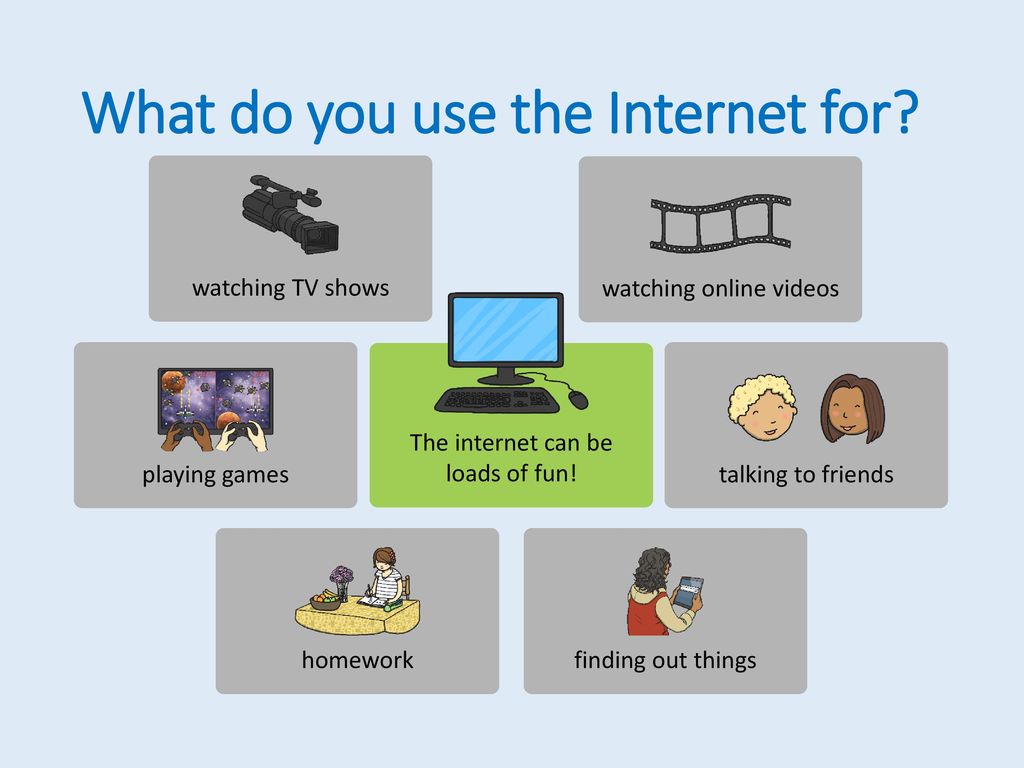
Adolescence is a time of trial and error, a time of searching for oneself, and in this search there will surely be not only successes, but also failures. It didn’t work out to achieve high results in football or it didn’t work out with music - it is extremely important for a teenager to feel support from an adult.
2. Communication with peers.
The need to communicate with peers is the leading one at this age. It is informal communication that acts as the main source of personality development.
And here there is a place for parental participation: you can help a teenager in finding an interest group where the child would feel comfortable, where he would find like-minded guys. If a teenager for some reason in the class is not respected and has no friends, then such a group is vital for him.
See also
Where am I? or Posts, likes, selfies
Rules for a happy childhood
3. Material well-being is the opportunity to enjoy life.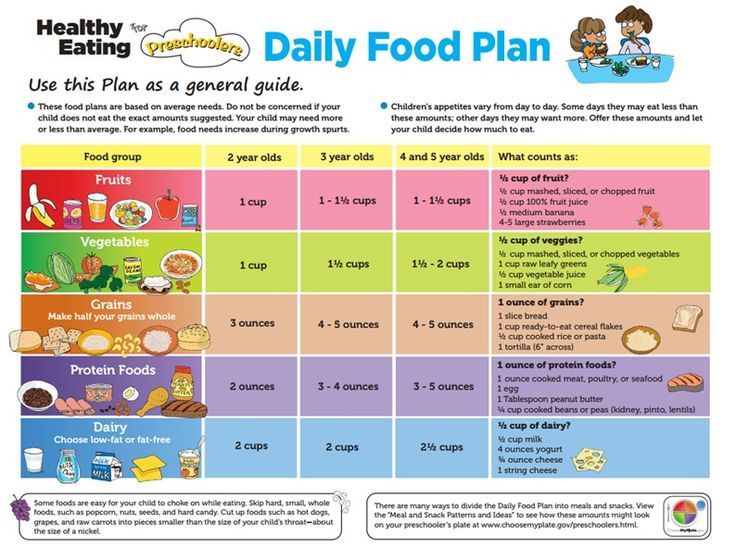
Every teenager wants to have a cool smartphone, nice clothes, entertainment and comfort. Everyone needs money all the time. At some point, money issues become almost the only lever of parental influence on the behavior of children.
It may seem that prosperity and the opportunity to enjoy life are one and the same. This is true, but only in part. There are examples when children who are indulged in all possible whims do not enjoy life, which is why they begin to seek thrills.
The ability to enjoy life, to see the good in small things is not formed by a wave of a magic wand, but is cultivated for a long time and scrupulously.
Many teenagers do not know how to fill their lives with interesting events, they are not used to tension, but they have absorbed the culture of ready-made entertainment through virtual reality.
The starting point can be the activity of the family, an example of its members, where curiosity, active leisure activities, reading, and creativity are encouraged.
4. To feel respect for others.
It is important for a teenager to be treated as a person, listen to his opinion, respect his position.
Children who are respected in the family are more confident in themselves, overcome difficulties more easily, are patient and tactful in communication.
In situations where you want to yell at a teenager, “pound” something into him, try to do it without humiliating or offending him. This requires patience, effort, but such an attitude is a confirmation of respect for a teenager, which ultimately teaches him to respect his parents.
5. Every fifth teenager wants to be in good physical shape.
This aspiration should be encouraged! People involved in sports have developed self-discipline, and achievements increase self-confidence. They are future-oriented and understand that in order to achieve a result, you need to constantly and consistently go towards the intended goal.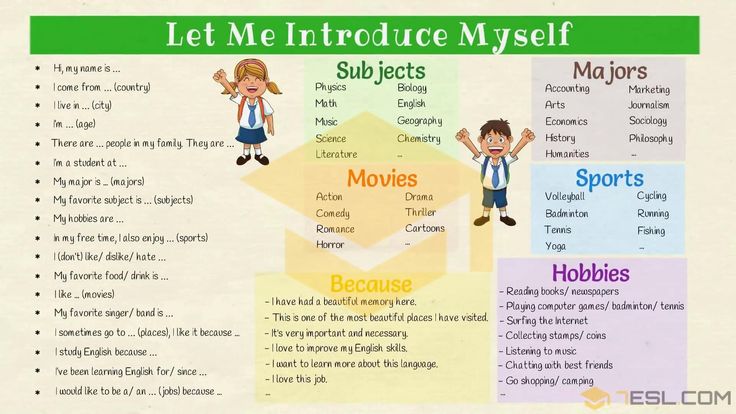 And most importantly, it is a guarantee of health!
And most importantly, it is a guarantee of health!
6. Freedom.
It is important for a teenager to get to know the world practically: it is difficult for him to take a word - he needs to check everything himself. Parents, on the other hand, strive to protect him as much as possible from life's difficulties, problems, imaginary and real dangers. Overprotection is not good for the child. One day there will come a moment when adults will not be around, and a decision will have to be made. A parent can act as an adviser, give his recommendations, but if a teenager makes his own choice, then it is he who takes responsibility for its consequences.
7. Career matters only for a fifth of the surveyed adolescents. They still do not understand how it is done, and see only the pluses of success. And it seems to be an attribute of a happy life. High school students should have clear ideas about their future, and parents should help them in this.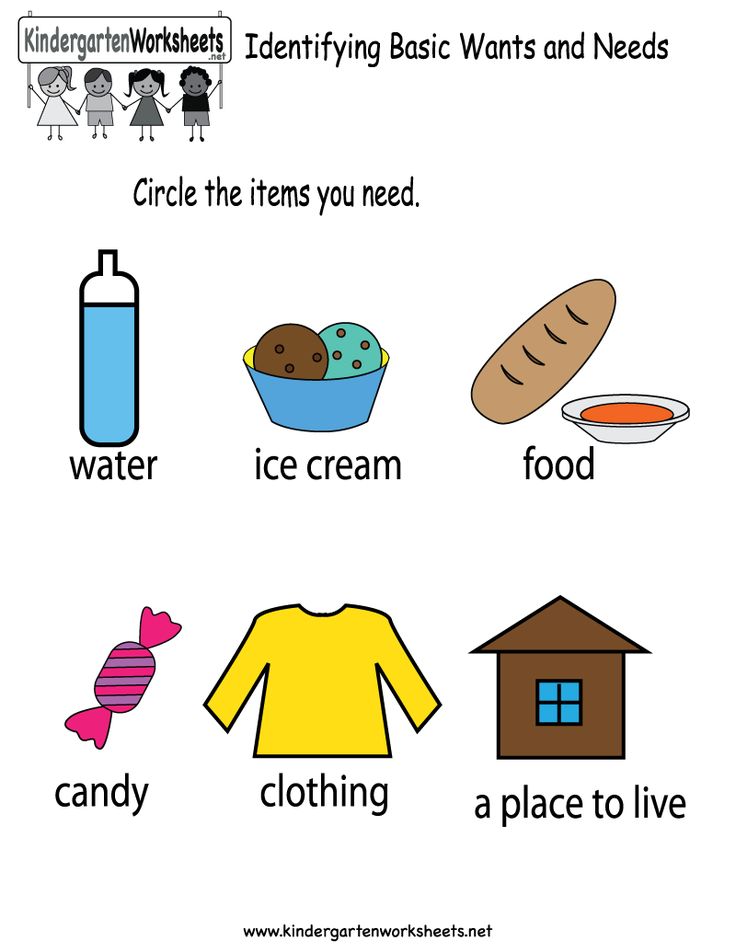
8. Love and relationships.
Adolescence is the time of first love, first true friendship. What seems superficial and temporary for parents, has a special meaning for a teenager, and therefore requires respect.
It may seem to the parent that he has ceased to play an important role in the life of the child, but this is not so. At this age, children more than ever need a sensitive, patient, understanding adult who knows what his son or daughter really wants.
Author: Margarita Logvinova
Your relationship with a teenager
The teenager doesn't want to communicate, you can't reach an amicable agreement - what to do in such a situation? Take the quiz and get information about your parenting style and your teen's perspective on how you parent them.
Take the test
More on the topic
How to wean a child from swearing
How to teach a child to work in a team
Working on ourselves: how not to take it out on a child
What a modern teenager needs Read: 9032 min.
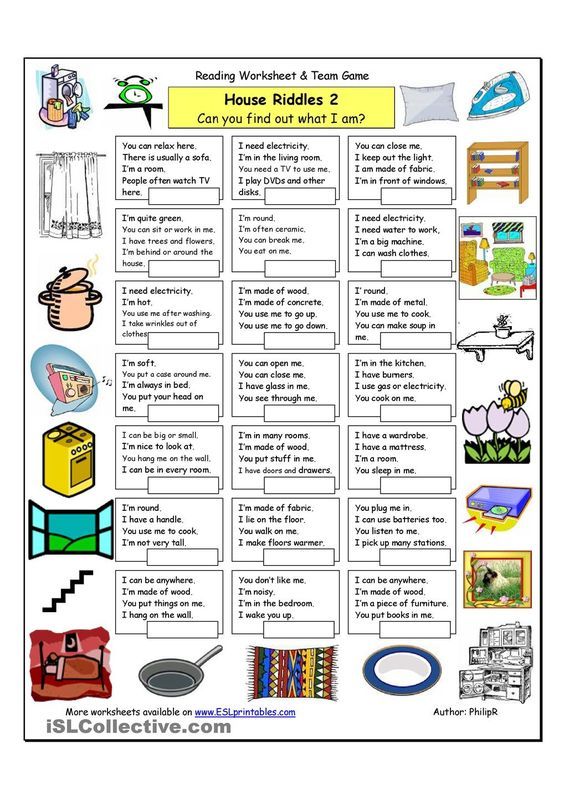
Not so long ago, we conducted a survey among parents - what qualities, in their opinion, a teenager needs in order to study and become successful in the profession, and in life . Thanks to everyone who took part!
And we share the results and our observations, why parents consider certain skills and qualities to be the most important.
Question 1. What qualities are necessary for a modern teenager?
84% of parents thought that a teenager needs, first of all, self-organization , that is, the ability to set priorities in life, the ability to plan, time management. Yes, it would be nice to clean the room.
Slightly fewer (75.5%) parents voted for such an important quality as communication skills i.e. communication skills. By the way, this is one of the most important soft skills for adults too - the ability to speak and listen to the interlocutor, the ability to negotiate. It's pointless to even talk about his popularity.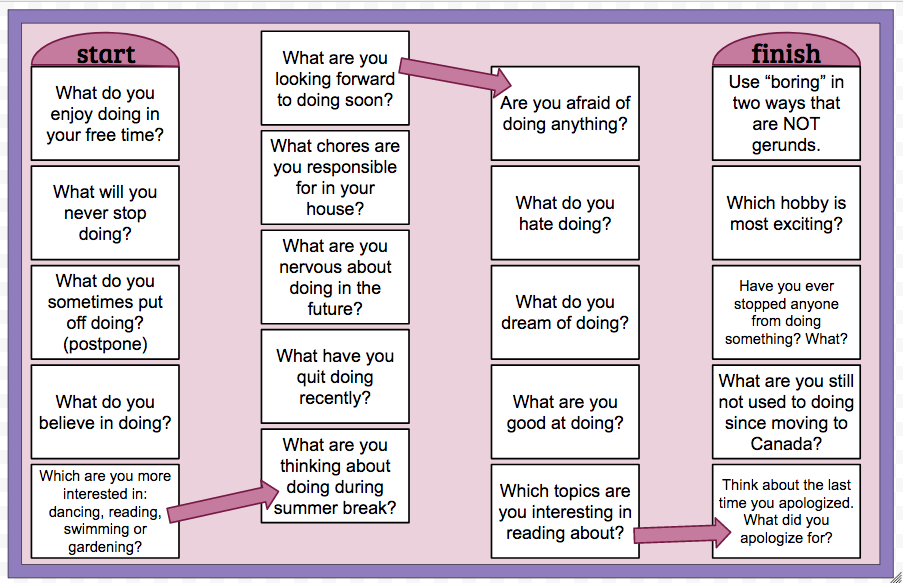
And in third place in importance, from the point of view of parents, emotional regulation : a teenager needs to learn how to curb his emotions.
We asked our psychologists, specialists in adolescent psychology, why the top three were distributed in this way? And why the intellectual qualities of a teenager were only in 4th place.
Kirill Kuznetsov , Candidate of Psychological Sciences, Head of Career Guidance Department.
The first question is leading not by chance. The skill of self-organization is noted by many psychologists as critically important. Moreover, its experts note for a long time, and the period of the pandemic with a massive transition to remote work further aggravated the situation. We are today under an unprecedented pressure of distractions . For example, a phone that constantly buzzes with incoming messages (there are even special boxes that block access to a smartphone for a specified time), social networks that are simply impossible not to check, email that you start checking and have already forgotten what you wanted to do, instant messengers and so on.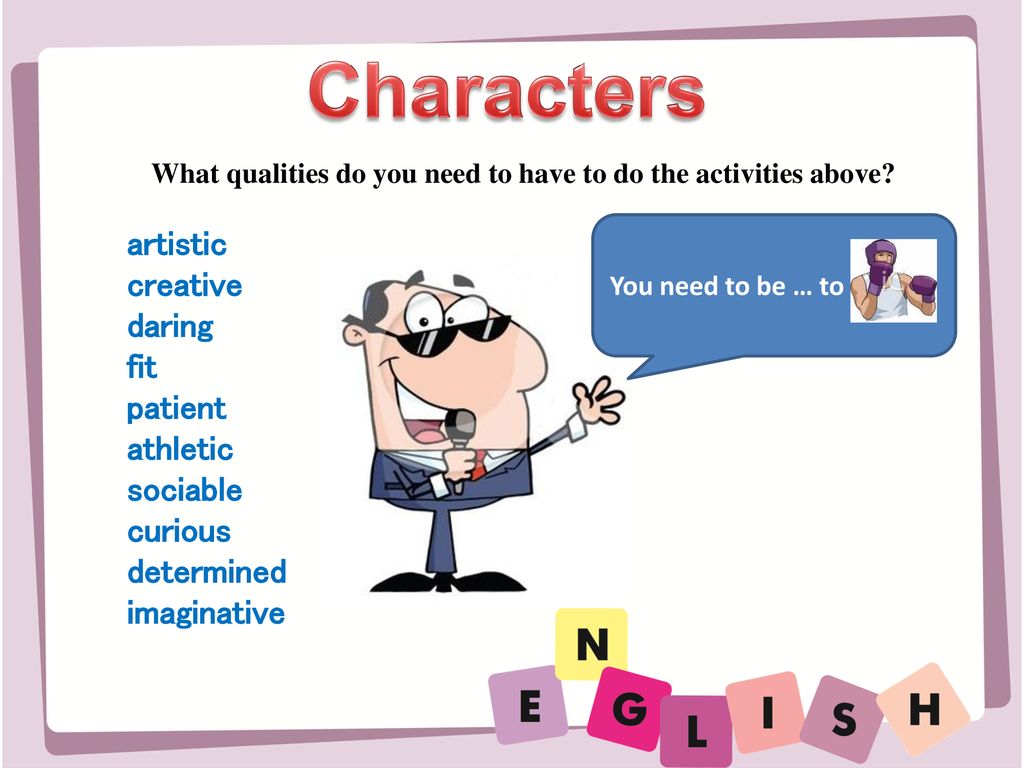 Further. In a regulated situation, for example, in a classroom where you cannot use a smartphone, there is a teacher as an external controller. But if he disappears, then it becomes difficult for the student to concentrate and just finish the work he has begun. This problem exists, of course, in adults as well.
Further. In a regulated situation, for example, in a classroom where you cannot use a smartphone, there is a teacher as an external controller. But if he disappears, then it becomes difficult for the student to concentrate and just finish the work he has begun. This problem exists, of course, in adults as well.
PERSONALITY AND PROFESSION TEST. PASS FOR FREE >>
Question 2. What will your child definitely need in the future?
In the answers to the second question , time management also came out on top: both setting priorities and planning are components of managing such a resource as time. Of particular interest is that in third place in importance - the ability to cope with stress . Probably, parents believe that both in adulthood and in school there are many moments of pressure on a person. The ability not to break down and resist psychological pressure is extremely important for a person.
Vyacheslav Vysotsky , professional orientation specialist, candidate of psychological sciences.
In the development of children, the main goal of parents becomes the upbringing of a responsible, successful and, to some extent, independent person . The parent wants the child to be able to make decisions and at some point be able to live a separate life, so it is so important to learn time management, self-organization and the ability to cope with external pressure. And we see that all intellectual competencies turn out to be less important than self-organization. This means that A smart but parentally dependent person who cannot take care of himself as an adult is not an ideal scenario for parents.
Ekaterina Finkelshtein , psychologist, methodologist of developing programs for teenagers.
I think that parents especially emphasize the ability to cope with stress, because they see that exposure to stress and the inability to cope with it today leads not just to some difficulties at work, but to a large number of psychosomatic diseases. That is, this is a conversation about the most pressing - about health .
That is, this is a conversation about the most pressing - about health .
Question 3. How and where do you think it is necessary to develop such qualities?
Most parents (67.4%) believe that soft skills, that is, universal competencies, should be developed by the school. And after 11 years of schooling, time management, stress resistance and communication should appear in the luggage of a teenager. Slightly fewer parents believe that additional education will also be beneficial in the development of soft skills. And about half think that they should be developed at special psychological trainings.
Kirill Kuznetsov , Candidate of Psychological Sciences, Head of Career Guidance Department.
Parents are right. The school, indeed, should contribute to the development of these competencies. Moreover, this is spelled out in state educational standards . To what extent is this implemented in schools? It remains a question. Although good schools are definitely engaged in the development of soft skills in students. But there is an important point: the responsibility for the child still lies primarily with the family . Therefore, it is wrong to expect that the school should do everything, and parents do not need to do anything wrong. It’s very good that parents and families can now choose an educational and educational trajectory together with their child - recruit educational programs at school, circles, sections, online classes, etc. - and with the help of a variety of programs to develop those same soft skills and hard skills too.
Although good schools are definitely engaged in the development of soft skills in students. But there is an important point: the responsibility for the child still lies primarily with the family . Therefore, it is wrong to expect that the school should do everything, and parents do not need to do anything wrong. It’s very good that parents and families can now choose an educational and educational trajectory together with their child - recruit educational programs at school, circles, sections, online classes, etc. - and with the help of a variety of programs to develop those same soft skills and hard skills too.
If we talk about trainings, these are just courses where you can concentrate on the development of skill , devote all your attention and time to it. It is possible that self-organization will not develop during a short training period, but a teenager will receive tools that will help him further work on the skill, and most importantly, the desire to do it.
Ekaterina Finkelshtein , psychologist, methodologist of developing programs for teenagers.
Unfortunately, it is an illusion that schools now help develop universal competencies. Not every school is aimed at them, because the main task of the school is to provide the child with knowledge and prepare for entering a college or university. Yes, individual competencies develop well in team sports or, for example, in tourism , but social and psychological training gives the maximum benefit, because it is a specially created environment for this . So, if you want your child to have knowledge of geography, then you will not expect that they will develop along the way, that he will “pick up” something somewhere and this will be enough for exams. You will send your child to geography classes. And training in adolescence has a very beneficial effect on a person, because the guys are open to these competencies, they are keenly aware of their social problems, and they are interested.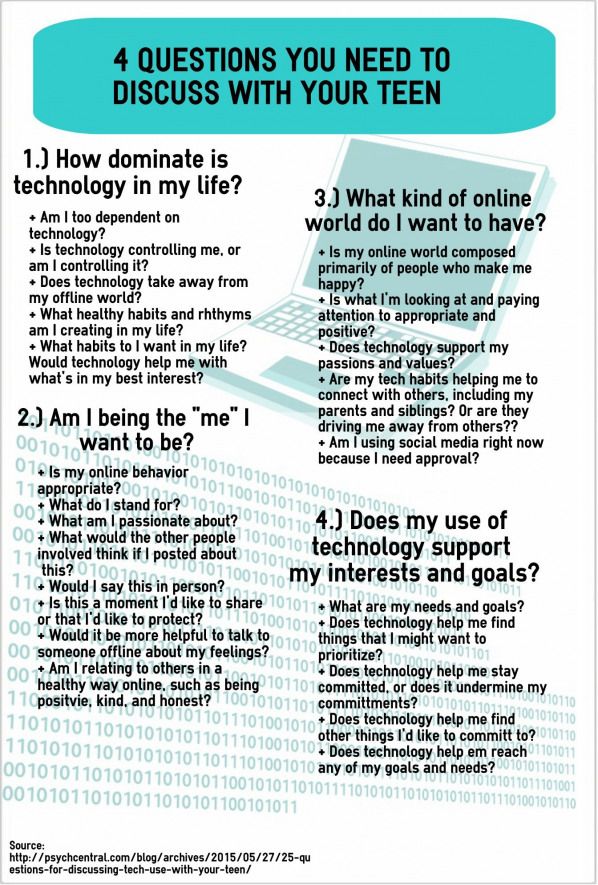
| See also: |
Instead of conclusions
After analyzing the results of the survey, we saw that most parents believe that for success and happiness in adult life, a person needs not so much creativity or outstanding mental abilities as purposefulness, organization and firmness of character . The ability to see the goal and go towards it is more important than the ability to accumulate and process knowledge or the ability to generate creative ideas.
Such conclusions echo the idea of Angela Lee Duckworth, Doctor of Psychology, in the book "Toughness of character. How to develop the main quality of successful people in yourself." The main idea of the author is that success is achieved not due to genius, but due to perseverance, and this applies to all areas of activity - from military affairs to music.

